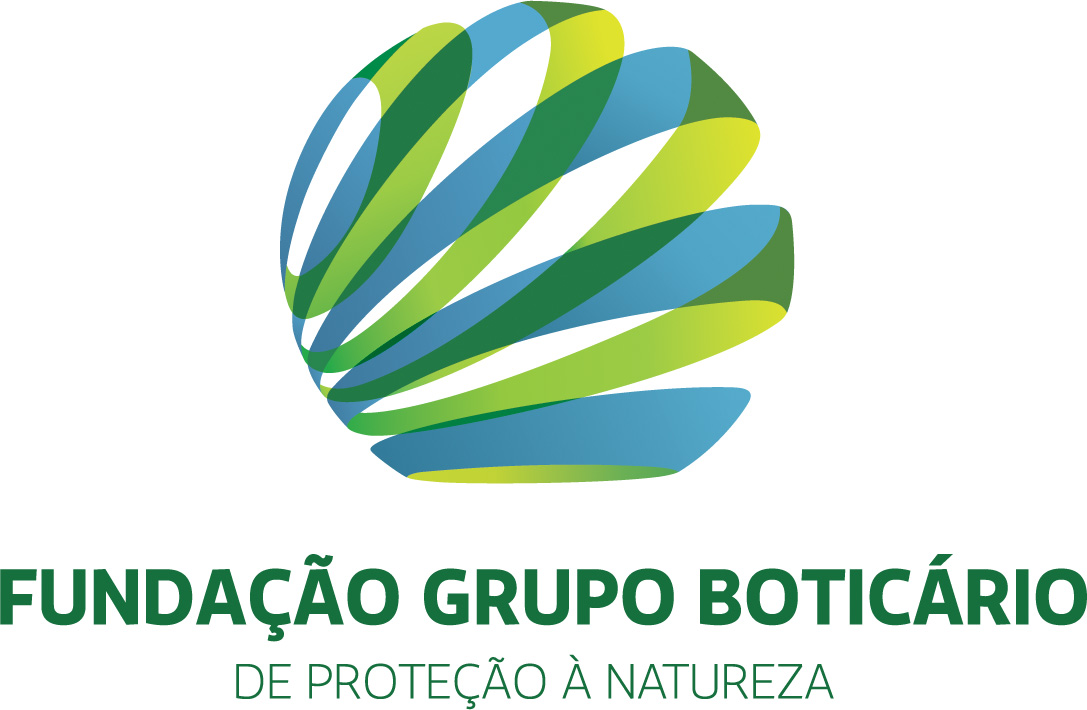Private Foundation investing in Marine Protected Areas in Brazil and related public policies
(
Non-governmental organization (NGO)
)
#OceanAction41868
Description
While Brazil houses the largest national terrestrial protected area network in the world, only 1.5% of its marine area is protected, of these, only 0.1% represent non-take areas.
FGB will contribute to the implementation of SDG 14 as well as the protection of Brazilian seas through 4 main strategies:
(i) Supporting Qualified Scientific Data Generation: The lack of qualified information is a major issue for the establishment of conservation actions. Boticrio Group Foundation promotes a grant making program. The marine conservation thematic area prioritizes projects with practical concrete results that can potentially result in public policies. The projects are selected and monitored by a highly qualified team that tracks the deliveries. This is done through an online system that became benchmarking in process efficiency and transparency
(ii) Stimulating public policies: Throughout the 27 years in which FGB has worked in the conservation market, a number of initiatives were addressed to government officials gathering scientific evidence in order to support the creation and/or expansion of Marine Protected Areas. The main goal here is to build a bridge between scientific research and policy makers that can effectively change MPAs reality in Brazil.
(iii) MPAs dedicated Symposium: Design and execution of a Symposium to bring the stakeholders together and promote the creation/enforcement of MPA with the best information available to date. The event will also feature national and international keynote speakers who will share their experiences. The National Symposium of Marine Conservation to be held in Brazil from 31/July to 02 August, as part of the IX Brazilian Congress of Protected Areas.
(iv) Applying communication strategies for society mobilization: to promote and communicate the importance of marine conservation and MPAs through the combination of scientific knowledge with the expertise of qualified communication staff. This commitment will be continuous and will have different communication strategies.
SDGS & Targets
Goal 14
Conserve and sustainably use the oceans, seas and marine resources for sustainable development
14.1
By 2025, prevent and significantly reduce marine pollution of all kinds, in particular from land-based activities, including marine debris and nutrient pollution
14.1.1
(a) Index of coastal eutrophication; and (b) plastic debris density
14.2
By 2020, sustainably manage and protect marine and coastal ecosystems to avoid significant adverse impacts, including by strengthening their resilience, and take action for their restoration in order to achieve healthy and productive oceans
14.2.1
Number of countries using ecosystem-based approaches to managing marine areas
14.3
Minimize and address the impacts of ocean acidification, including through enhanced scientific cooperation at all levels
14.3.1
14.4
By 2020, effectively regulate harvesting and end overfishing, illegal, unreported and unregulated fishing and destructive fishing practices and implement science-based management plans, in order to restore fish stocks in the shortest time feasible, at least to levels that can produce maximum sustainable yield as determined by their biological characteristics
14.4.1
14.5
By 2020, conserve at least 10 per cent of coastal and marine areas, consistent with national and international law and based on the best available scientific information
14.5.1
14.6
By 2020, prohibit certain forms of fisheries subsidies which contribute to overcapacity and overfishing, eliminate subsidies that contribute to illegal, unreported and unregulated fishing and refrain from introducing new such subsidies, recognizing that appropriate and effective special and differential treatment for developing and least developed countries should be an integral part of the World Trade Organization fisheries subsidies negotiation
14.6.1
Degree of implementation of international instruments aiming to combat illegal, unreported and unregulated fishing
14.7
By 2030, increase the economic benefits to Small Island developing States and least developed countries from the sustainable use of marine resources, including through sustainable management of fisheries, aquaculture and tourism
14.7.1
Sustainable fisheries as a proportion of GDP in small island developing States, least developed countries and all countries
14.a
Increase scientific knowledge, develop research capacity and transfer marine technology, taking into account the Intergovernmental Oceanographic Commission Criteria and Guidelines on the Transfer of Marine Technology, in order to improve ocean health and to enhance the contribution of marine biodiversity to the development of developing countries, in particular small island developing States and least developed countries
14.a.1
14.b
Provide access for small-scale artisanal fishers to marine resources and markets
14.b.1
Degree of application of a legal/regulatory/policy/institutional framework which recognizes and protects access rights for small‐scale fisheries
14.c
Enhance the conservation and sustainable use of oceans and their resources by implementing international law as reflected in United Nations Convention on the Law of the Sea, which provides the legal framework for the conservation and sustainable use of oceans and their resources, as recalled in paragraph 158 of "The future we want"
14.c.1
Number of countries making progress in ratifying, accepting and implementing through legal, policy and institutional frameworks, ocean-related instruments that implement international law, as reflected in the United Nations Convention on the Law of the Sea, for the conservation and sustainable use of the oceans and their resources
SDG 14 targets covered
| Name | Description |
|---|---|
| 14.5 | By 2020, conserve at least 10 per cent of coastal and marine areas, consistent with national and international law and based on the best available scientific information |
| 14.a | Increase scientific knowledge, develop research capacity and transfer marine technology, taking into account the Intergovernmental Oceanographic Commission Criteria and Guidelines on the Transfer of Marine Technology, in order to improve ocean health and to enhance the contribution of marine biodiversity to the development of developing countries, in particular small island developing States and least developed countries |
Deliverables & Timeline
Resources mobilized
Partnership Progress
| Title | Progress Status | Submitted |
|---|---|---|
| Partnership Progress 2019-09-16 | On track | |
| Partnership Progress 2019-09-16 | On track |

Feedback
Action Network

Timeline
Entity
SDGs
Ocean Basins
Communities of Ocean Action
More information
Countries
Contact Information
Janaina Bumbeer Couto, Ms.

